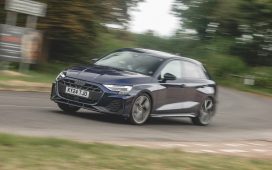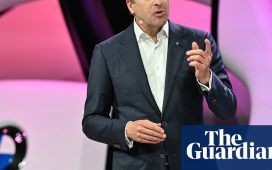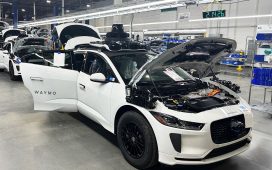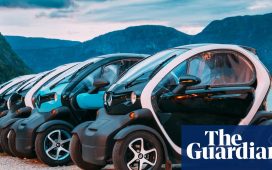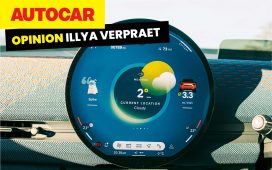Forest Lodge Orchard was established by Mike and Rebecca Casey, who co-own the business with Euan and Rachel White. Mike’s software background includes developing and selling a successful Sydney-based IT company, while Rebecca is an accountant and Euan and Rachel manage the orchard.
In 2019, assisted by Neil Bulling of PGG Wrightson Real Estate, Cromwell, the Caseys purchased the nine hectare Mt Pisa bareland property. They planted 9250 cherry trees, using the upright fruiting offshoots system, where branches are trained to grow along wires similar to growing grapes, therefore improving efficiency.
“Technology to reduce carbon emissions, introduced to a traditional business like horticulture, where New Zealand has fantastic growers, is a huge opportunity. Initially we set out to do things better, not specifically seeking to grow entirely fossil fuel free cherries. However, we soon realised that the zero-fossil fuel mission was realistically possible.
“We now know we can do everything necessary to bring a crop to harvest, and that consumers will pay a premium for zero fossil fuel cherries, including export at premium value to Taiwan,” says Mike.
Forest Lodge developments to achieve zero fossil fuel cherries include:
- A bore with an 18.5kW electric pump, powered by a solar array, to replace the diesel irrigation pump.
- Importing two South African electric 30kW frost protection fans, a purchase co-funded by EECA.
- Software to buy power from the grid, selling back excess solar array generation, at optimal spot market rates for each transaction.
- Using electric cars and upgraded golf carts, plus a 40-year-old electric forklift for orchard operations.
- Bringing in the first MK-V Monarch Tractor exported outside the United States – a fully electric high-powered tractor with a massive battery, which is driver optional, meaning it can operate autonomously.
- Software to analyse high-definition video to determine production specifics such as crop load, ripeness, and flower bud quantity, improving harvest efficiency and quality.
- Positioning beehives to avoid using any fossil fuel-burning vehicles in pollination.Under-tree ground cover experiments to minimise mowing, help supress weeds, and avoid pests.
- Plans for further all-electric farm machinery.
Mike says the changes ensure huge cost savings, as well as zero carbon emissions.
“Initially, when the price of diesel was $1.20, we expected an 11-12 year payback period from the electrified orchard. When diesel went down to about 90 cents per litre, that period looked set to extend, though now the diesel price is around double, payback by cost savings is way shorter. After selling our first cherries at a good premium, once we are in full production, the payback period will drop even further,” he says.
With the proof of concept from the orchard, and through the tills of Auckland’s Farro Fresh supermarkets, where Forest Lodge cherries sold in summer at a 15 per cent premium, Mike now intends to take the New Zealand Zero brand they developed to market their fruit further and wider.
“Cherries will be among the hardest crops to produce. We know the same systems can produce many other fossil fuel free horticulture crops. With our system, what we are learning should easily apply to other horticulture crops and to viticulture,” he says.
True to Mike’s IT background, Forest Lodge is taking an open-source approach with the orchard’s systems.
PGG Wrightson Real Estate, Cromwell manager Kurt Snook works closely with Forest Lodge. He sees great opportunities for others in the horticulture sector.
“We have several orchards available, and these methods can really take off, particularly for newcomers establishing themselves in the business. As consumers demand ever higher standards from growers, carbon free production has a bright future,” he says.
Also sitting under the PGG Wrightson brand, Cromwell-based Fruitfed Supplies technical horticultural representative Blair Deaker is a key advisor to Forest Lodge, which he says is an exciting innovator.
“It’s a prototype for a new way of orcharding. People talk about making change, but Mike and Euan are actually researching and doing things differently with machinery and technology. I think it’s great. I’ve got to think outside the box, brainstorming and sifting ideas, and challenging conventional approaches. It’s providing many interesting conversations!”



